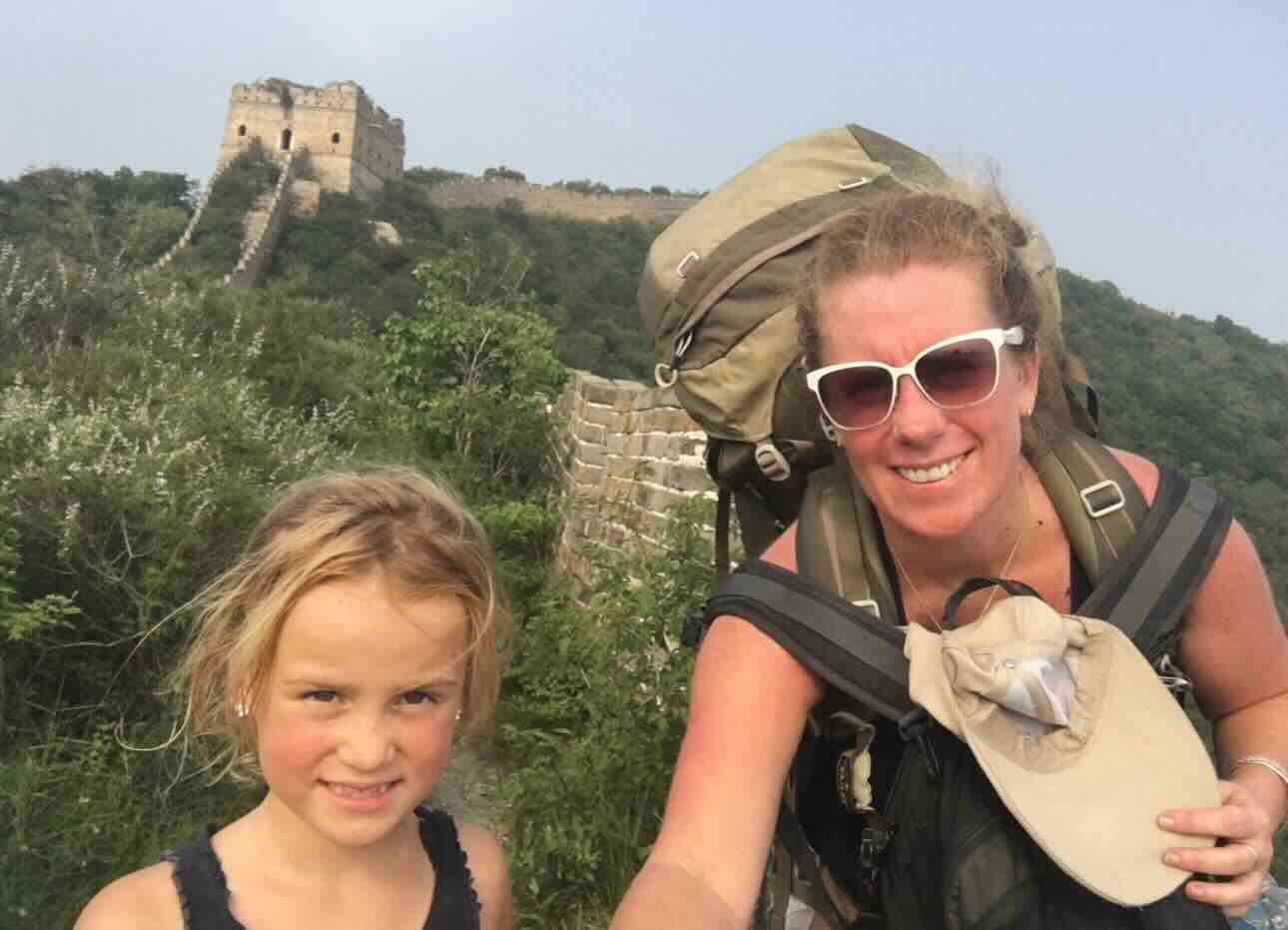
Every time I travel, I assume I'm going to be ripped off a little.
A bit of overcharging with 'tourist prices' or a dodgy taxi fare when I forget to ask the driver to turn the metre on, I just accept it's going to happen.
I reckon it's perfectly okay to be oblivious to the small losses that don't affect me or my trip. Especially if it means I travel with an open heart and I'm not sizing up every person I meet like a weird Aussie detective. Plus, in developing countries people may need those few dollars more than me, so they're welcome to them.
What I am on the lookout for, however, are the scams. The sneaky, well planned and executed cons that could really take the sparkle off my holiday.
And being someone who travels full time, I've learned a lot from being sucked in over the years.
I've purchased stunning Venetian glass that was made in China, paid to repair a surfboard I didn’t damage in Sri Lanka and been robbed of everything — but the upside is it's all helped me be switched on to the sneaky cons.
Watch: Horoscopes at the aiport. Post continues below.



Top Comments